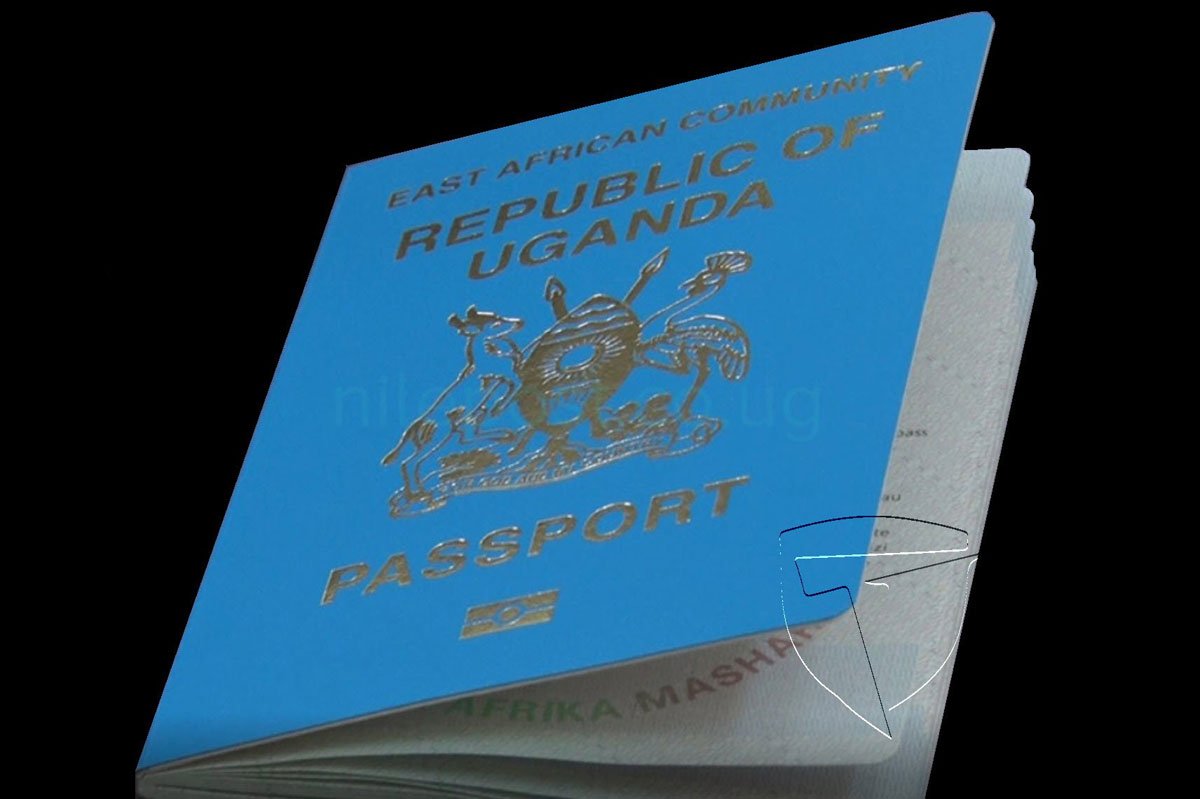With Kenya’s suspension of imports of powdered milk, which some believe to be a spillover of Kenya’s domestic politics, Uganda’s upward trend in milk exports is likely to experience a new setback.
The Kenya Dairy Board, or KDB, announced in a notification dated March 6 to all milk importers in Kenya that it was taking action to safeguard local farmers against imported goods since output is anticipated to rise soon.
In a statement signed by Margaret Kibogy, the KDB Managing Director, the government said that it had banned importing milk powders in preparation for the prolonged rains in order to protect the business from overproduction and poor pricing.
She states that until further notice, the Board will not continue to award new import permits.
Despite the letter’s generalization, some Ugandans believed it was directed at their country’s imports, which up until recently were prohibited from entering Kenya’s market.
A glimmer of optimism persisted only until William Ruto took office, when he informed the Association of Kenya Manufacturers that imports from Uganda should be permitted and the more expensive Kenyan milk should be processed for the global market.
Nonetheless, the government has often been urged to outlaw Ugandan milk because it is less expensive and outsells Kenyan alternatives on the market by both business and political figures.
The main market for milk in Uganda is Kenya, but ongoing obstacles have forced producers to look for new markets, particularly in the Democratic Republic of the Congo, South Sudan, Zambia, and Algeria.
According to the Dairy Development Authority (DDA), United Arab Emirates, Syria, Japan, Oman, USA, Nepal, and Bangladesh have been the primary export markets for dairy goods such casein, whey protein powder, UHT milk, and milk powder.
According to DDA, processed milk makes up more than 35% of the milk sold in Uganda. The quantity of milk powder exported to Kenya is unknown.
The Kenyan market is now completely open for Ugandan dairy goods, and discussions are ongoing with Algeria over the export of powdered milk, according to DDA Executive Director Samson Akankiza.
Just a day had passed since Kenya’s Deputy President, Rigathi Gachagua, promised that the government will “break the monopoly” in the gas and milk industries in order to lower costs.
Speaking on Sunday at a church service in Nairobi, Gachagua claimed that the milk industry had long been controlled by one guy who had bought out all rival businesses, and the same was true of the gas industry.
According to reports, the Kenyatta family reportedly holds a dominant stake in Mount Kenya, Brookside, and the majority of the market, while Raila Odinga reportedly owns East African Spectre, Kenya’s primary petroleum gas provider.
“In order for farmers to receive a fair deal, we need to make that industry more competitive. The days of monopoly are past, and we won’t allow a select few to keep taking advantage of Kenyans, Gachagua declared.
He stressed that this was a measure to improve Kenyans’ quality of life, not a political witch hunt.
“They intended to maintain state monopoly and capture, but that is no longer possible. For the interest of Kenyans, we are going to liberalize the gas and milk industries, according to Gachagua, who also claimed that one individual has been buying up all the businesses and selling milk at exorbitant prices.
The assets of Fresh Dairy were previously purchased by Sameer Agricultural and Livestock Ltd from the Dairy Corporation of Uganda, then Brookside acquired Sameer in 2015.
In actuality, Brookside rose to the position of Uganda’s top milk purchaser, processor, and exporter.
A half-litre of Brookside milk costs 70 shillings, or almost 2,000 Uganda shillings, while milk from Uganda costs 55 (1,600 Uganda) shillings in Kenya.
Akankiza told the media that Uganda continued to be the continent’s third-largest producer of milk, after South Africa and Kenya, with total output rising from 2.8 billion liters in 2021 to 3.2 billion liters in 2022.
The annual dairy performance report for the year states that dairy export revenue increased from 344.2 billion shillings to 382.2 billion shillings.
















